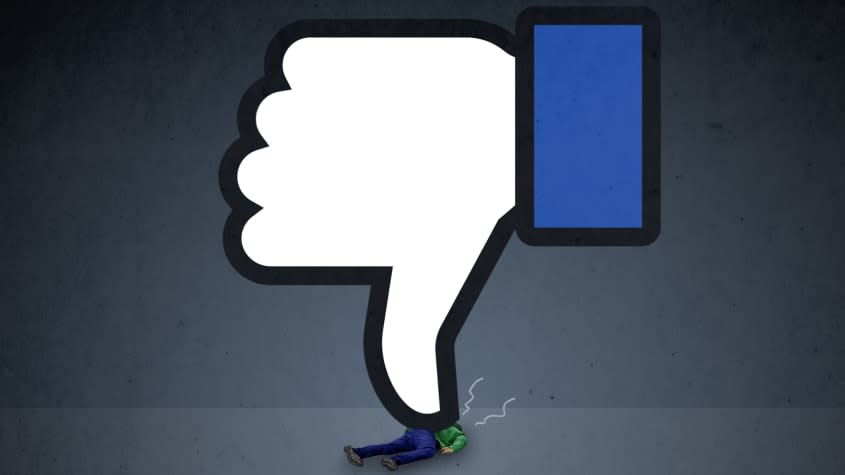Why social media can't be regulated like other media

Anyone interested in thinking through the challenge of regulating social media needs to read and wrestle with a lengthy essay by The Shallows author Nicholas Carr in the latest issue of The New Atlantis, a quarterly journal of science and technology. The essay, ambitiously titled "How to fix social media," is filled with fruitful ideas, but it also understates the challenges faced by anyone trying to respond intelligently to the threats Facebook, Twitter, and other tech platforms pose to liberal democracy.
Much of Carr's essay is devoted to sketching the history of how Americans have regulated communications technology, from the postal system and telegraph on down to cable television. As he notes, such regulation is based on a fundamental distinction between direct communication between individuals (one-to-one mailed letters, phone calls, etc.), which are protected by rules governing privacy, and public communications (broadcasting from one to many), which have usually been subject to regulation for content with an eye to fostering and protecting the common good.
The history is illuminating, especially the parts implying individual messaging should be protected from intrusion by tech companies searching for information to sell to advertisers. But that's also the simplest problem posed by social media, precisely because it mirrors the structure of postal mail and telephonic communications.
Social media is most politically pernicious in its role as a "broadcaster" of opinions from individual users to the public at large. Yet, to assimilate social media to the broadcasting model, Carr vastly understates the novelty of social media's broadcasting approach. Forced into that historic model, a platform like Facebook resembles a radio with billions of stations, each one run by an individual user, who decides for herself what content to post and promote. Regulating the platform is then mainly a problem of scale: How can a regulatory agency exercise oversight over so many broadcasters operating in such a sprawling digital landscape?
But that's only one dimension of the challenge. The far greater one is that the broadcast model doesn't even apply to what Facebook and other social media companies do. When I open my Facebook feed, I don't just tune a dial, maneuvering my way across neutral airwaves to find my favorite stations/users. Rather, I'm shown a series of posts custom curated to me, based on an interaction between the company's proprietary algorithm and information I've provided to the company in the form of "likes" and clicks during my previous visits. The company's overriding goal is to keep me "engaged" any way it can so advertisers can sell me products perfectly tailored to my preferences. All the pernicious political effects of social media — siloing, polarization, radicalization — follow from this way of doing business.
Can government regulate such a product without directly challenging this business model? I don't see how. Hopefully Carr will address this dilemma in future writings about how to fix our social media problem.
You may also like
5 riotously funny cartoons about Steve Bannon's contempt of Congress charge

 Yahoo Movies
Yahoo Movies 
